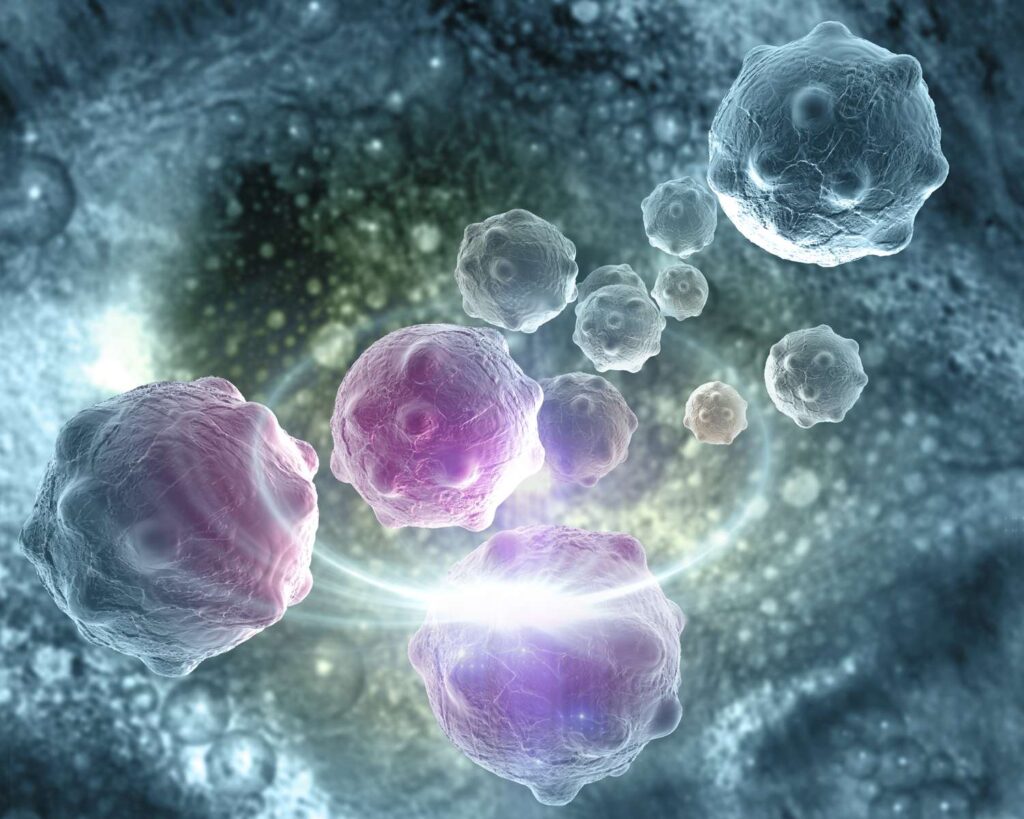Understanding Cancer: A Comprehensive Guide
by siteadmin

Cancer is a formidable adversary that affects millions of lives worldwide. It’s a term that encompasses a diverse group of diseases characterized by the uncontrolled growth and spread of abnormal cells in the body. Despite significant advancements in research and treatment, cancer remains a complex and often misunderstood condition. In this blog post, we’ll delve into the fundamentals of cancer, exploring its causes, types, symptoms, diagnosis, treatment options, and prevention strategies.
Understanding Cancer: At its core, cancer begins when cells in the body start to grow uncontrollably. Normally, cells grow, divide, and die in a regulated manner. However, when genetic mutations occur, this orderly process is disrupted, leading to the formation of cancerous cells. These abnormal cells can invade nearby tissues and organs, as well as spread to other parts of the body through the bloodstream or lymphatic system, a process known as metastasis.
Types of Cancer: Cancer can arise in virtually any part of the body, and there are more than 100 different types, each with its unique characteristics. Some of the most common types of cancer include breast cancer, lung cancer, prostate cancer, colorectal cancer, skin cancer, and leukemia. Each type of cancer may have specific risk factors, symptoms, and treatment approaches.
Symptoms and Diagnosis: The signs and symptoms of cancer can vary widely depending on the type and stage of the disease. Common symptoms may include unexplained weight loss, persistent fatigue, lumps or abnormalities, changes in bowel or bladder habits, persistent cough or hoarseness, and unexplained bleeding. However, it’s important to note that many of these symptoms can also be caused by other, less serious conditions.
Diagnosing cancer typically involves a combination of physical examination, imaging tests (such as X-rays, CT scans, and MRIs), laboratory tests (including blood tests and biopsies), and other specialized procedures. Early detection plays a crucial role in improving the prognosis and treatment outcomes for many types of cancer.
Treatment Options: The treatment of cancer varies depending on factors such as the type and stage of the disease, as well as the individual’s overall health and preferences. Common treatment modalities include surgery, chemotherapy, radiation therapy, immunotherapy, targeted therapy, hormone therapy, and stem cell transplantation. In recent years, there have been significant advancements in precision medicine, which involves tailoring treatment plans to the specific genetic makeup of a patient’s cancer.
Prevention Strategies: While not all cases of cancer are preventable, there are several steps individuals can take to reduce their risk. These include maintaining a healthy lifestyle, avoiding tobacco products, limiting alcohol consumption, protecting oneself from excessive sun exposure, eating a balanced diet rich in fruits and vegetables, staying physically active, maintaining a healthy weight, and getting regular screenings for early detection.
Cancer is a complex and multifaceted disease that poses significant challenges to both patients and healthcare professionals alike. However, with continued research, education, and awareness, progress is being made in the fight against cancer. By understanding the fundamentals of cancer, recognizing its symptoms, pursuing early detection, and adopting healthy lifestyle habits, we can work towards reducing the burden of this disease and improving outcomes for those affected.
Cancer is a formidable adversary that affects millions of lives worldwide. It’s a term that encompasses a diverse group of diseases characterized by the uncontrolled growth and spread of abnormal cells in the body. Despite significant advancements in research and treatment, cancer remains a complex and often misunderstood condition. In this blog post, we’ll delve…
About This Site
This may be a good place to introduce yourself and your site or include some credits.
Find Us
Address
123 Main Street
New York, NY 10001
Hours
Monday–Friday: 9:00AM–5:00PM
Saturday & Sunday: 11:00AM–3:00PM
